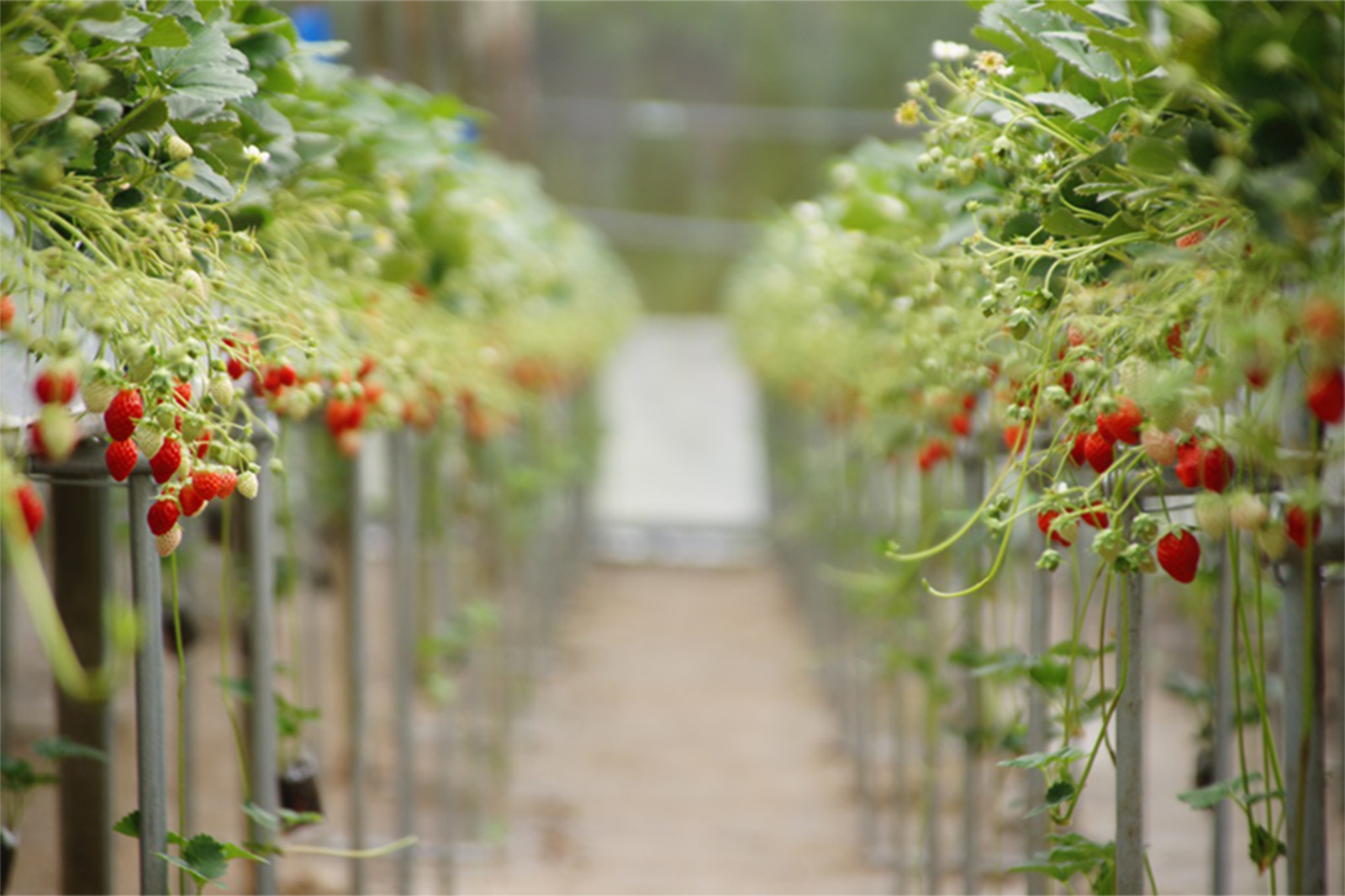EXPO 2025
Special Page
“The joy of deliciousness has the power to change consumer behaviour, and this behaviour itself has a power to change the structure of the agriculture industry.”
We want the producers to extend environmentally friendly agriculture that produces high quality crops, and lead the consumers to deepen their understanding about these premium crops. We are convinced that the key to humans being able to continue agriculture for a thousand years from now is to build the “ecosystem” through crops (i.e. producer, consumer, environment, market, etc.).
We have started selling strawberries and tomatoes, which are cultivated at our farms in Malaysia, by starting up a new brand called “CHITOSE Vegetables”. The market has expanded to many well-known places like ISETAN SINGAPORE, Michelin starred restaurants, famous confectioneries, and representative resort hotels in Singapore. We are also planning to expand the agriculture project to other Southeast Asian countries by conducting technological transfers to local farmers.
We are building an end-to-end supply chain system to stably produce, distribute, and market high-value agricultural products in Southeast Asia, starting with Japanese strawberries. At the same time, we are developing technologies that utilize unused agricultural residues to help sustain farmland.
We produce CHITOSE strawberries and CHITOSE vegetables at our own farm in Cameron Highland, Malaysia and sell them at hotels, cake shops and restaurants in Malaysia and Singapore. We also sell them at local supermarkets and departmental stores to let the consumers know about CHITOSE’s quality and agriculture. We are currently trying to produce other strawberry strains, technical transfer and contract culture for local farmers who have the same aim as us.
Malaysia, Singapore, Indonesia, Vietnam
